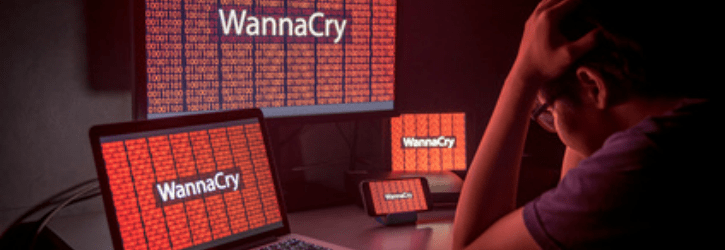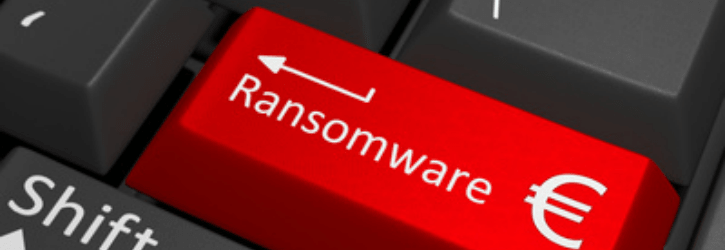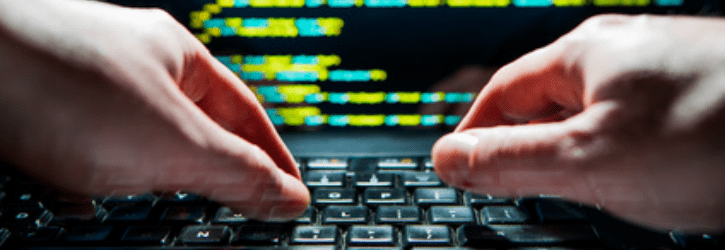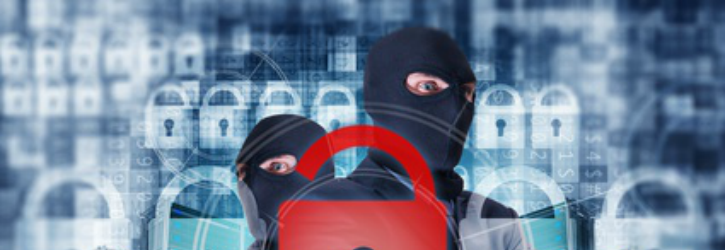
Welcome To The Data Leak Lawyers Blog
We focus on the latest news surrounding data breaches, leaks and hacks plus daily internet security articles.

We focus on the latest news surrounding data breaches, leaks and hacks plus daily internet security articles.

The risk of a cyberattack is said to be always imminent; wherever and whenever.
It’s often seen as a case of “when” and not “if”. In this blog, we’ll have a look at two of the most infamous data breaches – Yahoo and WannaCry – that have happened recently. We’re actually representing victims involved in the breaches outlined in this blog as well.
These are big breaches that have affected big companies.
read more

New malicious software is feared to be highly virulent creating international chaos and disrupting businesses and companies across the globe.
First reports of the cyber-attack originated from the Ukraine; their Government, banks, power and major public transport systems were all affected.
In Australia at 9:30pm on Thursday 27 June 2017, owner of Cadbury chocolate Mondelez was hit by the ransomware with employees faced with a threatening note demanding payment for the safe return of files in an attack similar to the recent WannaCry attack earlier this May.
read more

When the WannaCry ransomware attack was unleashed on 12th May 2017, it was first believed that it was contained in the U.K. NHS systems – but further reports and investigations showed that the ransomware transpired to be a global epidemic, with over 150 countries affected.
The ransomware attack targeted computers running the Microsoft Windows XP operating system by encrypting data and demanding payments in Bitcoins, ranging from $300 to $600 (£233 to £466). Within a matter of hours, the ransomware had infected systems within various organisations, which included government departments.
read more

Following on from the WannaCry attack, there were fears that the cyber-attack could continue to have disastrous consequences for healthcare organisations like GP surgeries.
There was extreme concern after the NHS cyber-attack as to exactly how many GP surgeries were directly affected, and health officials were concerned how computer systems would manage when they reopened after the attack.
read more

The hack against NHS systems and other organisations across the globe last Friday (12th May 2017) panicked many across the world, and seriously hampered our NHS’ ability to provide lifesaving care.
It has since emerged that one cyber-security expert managed to kill of the ransomware that was hacking into systems across the globe, and it was practically achieved by accident…
read more

The NHS are being held to ransom after a huge cyber-attack has thrown IT and phone systems in to chaos.
As the networking system has been crippled by malicious software, huge amounts of IT systems have been shut down to prevent further damage, seriously impacting the level of care the NHS can provide.
Cyber criminals are reportedly holding the network systems hostage for an undisclosed sum while watching the nation’s health service struggle to cope. Physicians are understood to be using pen and paper to made medical notes, and real lives are in real danger.
read more

WhatsApp and Telegram are the latest victims to third party data hacking which saw millions of users vulnerable to having their accounts taken over and held to ransom.
Hackers utilised a weakness in images being sent through the messaging apps to hide malware that could eventually take over accounts.
Once again – no one is safe!!!
read more

Malware and ransomware has been on a sharp rise in recent years, with security researchers saying that cyberthieves are adopting them in “alarming” numbers.
The rise in these types of cyber-attacks are usually money driven.
Malware is a software that’s installed covertly onto the user’s computers and disrupts the system to allows the cyber-hacker unauthorised access to it.
There’s a ‘new’ malware on the horizon… and it’s not from an unknown territory.
read more

Cyber-hacks are becoming more and more sophisticated, and nowadays some cyber-hackers are demanding less from their victims to pay up.
Sometimes, people may feel there is no other way than paying up the ransom to gain access to your computer again. But as with most “products” or “services” there is usually a marginal propensity to pay – which is basically the willingness of someone to pay a price.
Would you pay £100 for a bottle of 2 litre milk? Probably not. Would you pay a pound for it? I’m sure you would.
Well, the hackers are employing the same tactic to make sure it’s cheap enough for people to pay as opposed to calling the police…
read more

Ransomware is software that blocks users having access to their computer system until a sum of money is paid. Ransomware helps to facilitate the evolution of cybercrime as it often funds more advanced types of cyber-crime software that can also be sold on to other cyber-criminals… Allowing for more cyber-attacks to happen.
The advice has been and still remains “do not pay the ransom”, if you do fall victim to hackers – by people paying the ransom they continue to fuel a vicious cybercrime circle. Even though people do pay, there is also no guarantee that people will regain access to their computer system.
read more
EasyJet admits data of nine million hacked
British Airways data breach: How to claim up to £6,000 compensation
Are you owed £5,000 for the Virgin Media data breach?
Virgin Media faces £4.5 BILLION in compensation payouts
BA customers given final deadline to claim compensation for data breach
Shoppers slam Morrisons after loyalty points stolen
Half a million customers can sue BA over huge data breach
Lawyers accuse BA of 'swerving responsibility' for data breach
The biggest data breaches of 2020
Fill out our quick call back form below and we'll contact you when you're ready to talk to us.